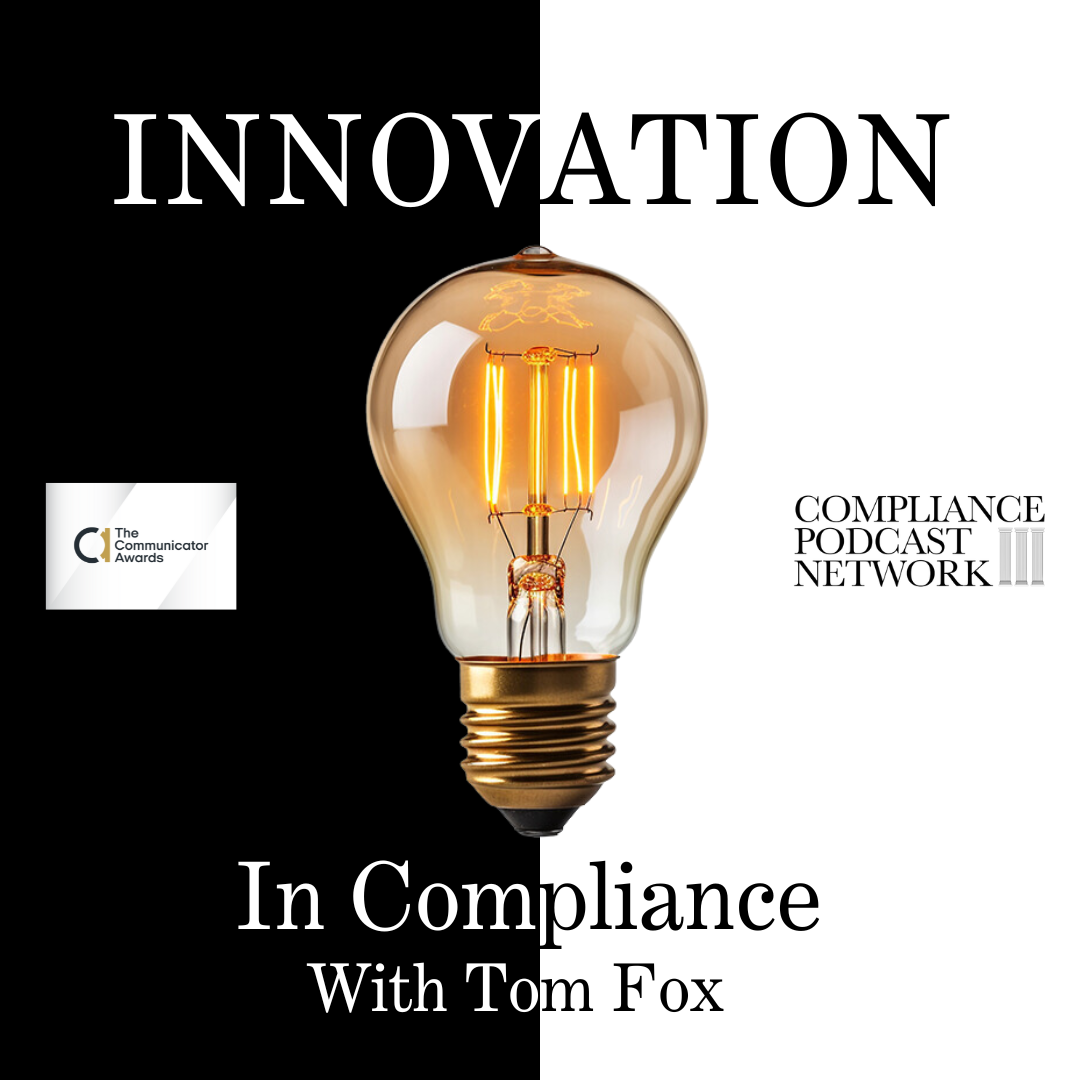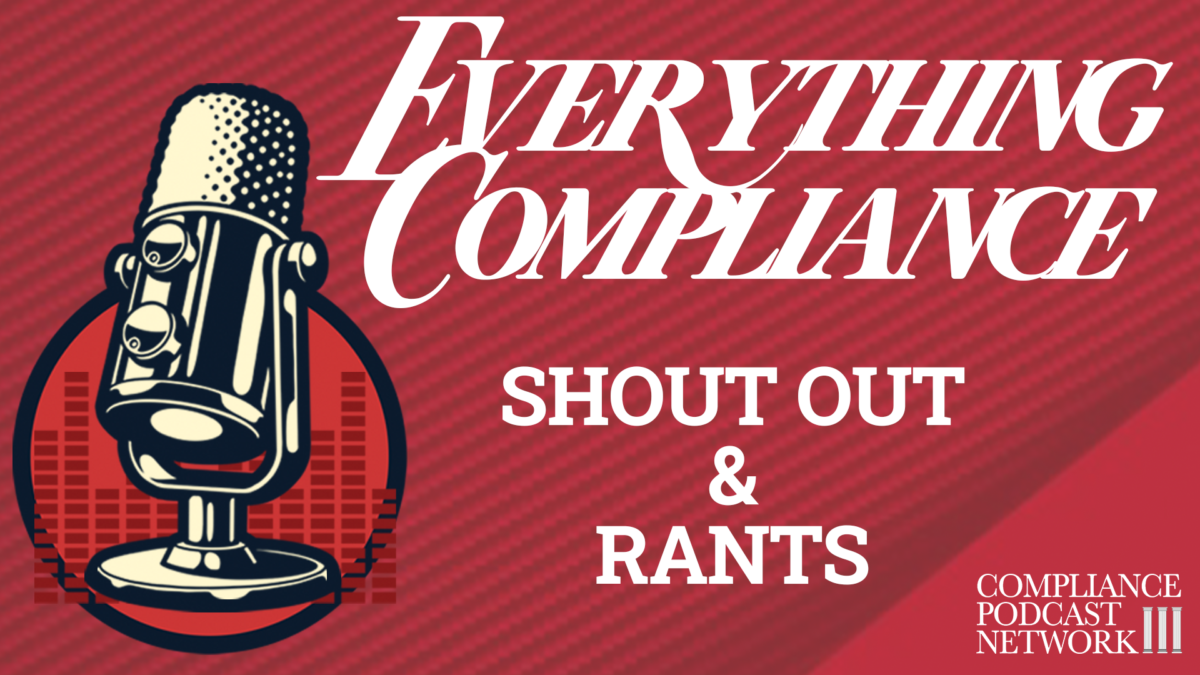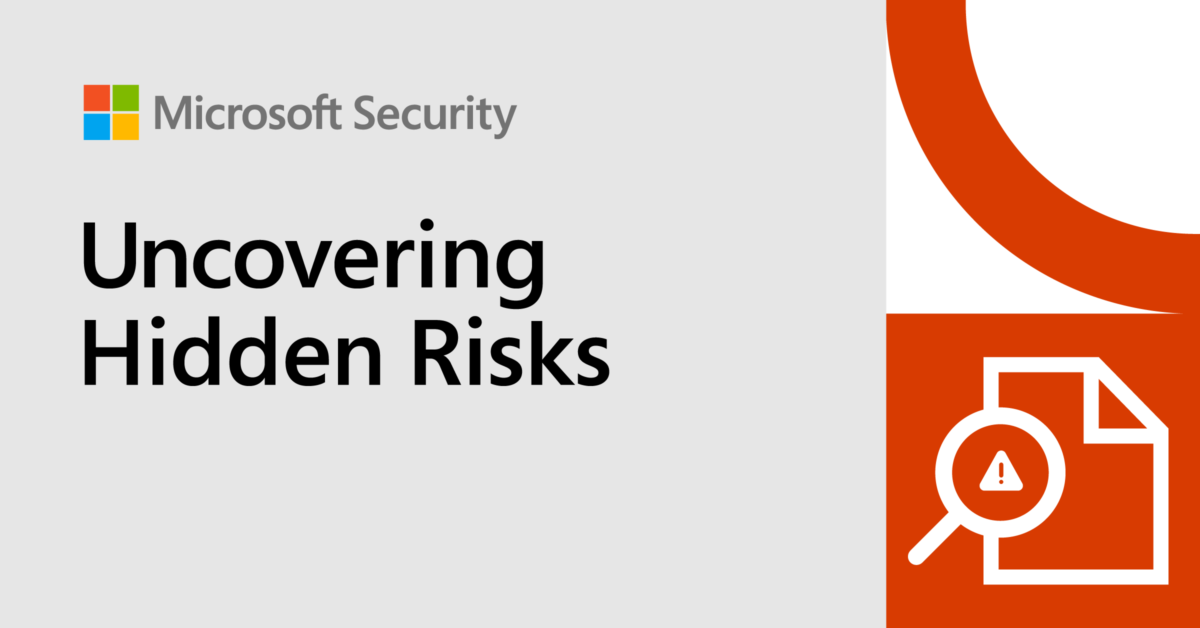There is not much I enjoy more than sitting down with one of the innovative thinkers in compliance, Carsten Tams, to find out what is on his mind regarding compliance. I recently had the opportunity to do so on the topic of making Ethics and Compliance (E&C) training memorable. We explored this topic over this short five-part podcast series on the Innovation in Compliance podcast series on the award-winning Compliance Podcast Network.
Over the next five blog posts, I will also explore these topics in the blog format. I will introduce the problem and challenges and then provide you with four proven strategies for success in your compliance training. I deeply dive into why traditional E&C training often fails to engage employees and needs more impact on their behavior despite significant investments. In Part 2, we discuss focusing on strengths within compliance and ethics training instead of traditional deficit-based methods highlighting potential misconduct.
Employees often feel mistrusted and alienated when we instruct people about prohibited behaviors and how the company detects and discipline misconduct. They tune out. This is deficit-based learning. It approaches the learner as a risk factor or potential delinquent. It aims to constrain unwanted behavior. When employees can learn how to shape and safeguard the ethical workplace they aspire to effectively, they feel inspired and tune in. This is strength-based training. It approaches the learner as a valued partner in maintaining integrity. It assumes that people have capabilities and aims to elicit and strengthen the positive ethical faculties already present in most people.
Traditional compliance training often begins with the assumption that employees might engage in inappropriate behavior. This deficit-focused approach can make employees feel like potential delinquents, which is counterproductive. When training casts employees in a negative light, it threatens their self-concept and leads to disengagement. Self-affirmation theory in psychology supports this, suggesting that people must feel respected and valued to stay engaged.
In contrast, a strength-based approach recognizes and builds upon the positive capabilities that employees bring to the table. This method has proven successful in various fields, including healthcare, aviation safety, and education. It engages employees more effectively by acknowledging their existing values, problem-solving skills, and capacity for ethical behavior.
I would not talk about Carsten Tams if I did not cite his signature line, “It’s All About the UX.” This highlights the significance of user experience in training, as effective compliance training should integrate employees as valued partners. Focusing on learners’ needs and expectations can make training more engaging and impactful. This shift from content-centric to learner-centric training is crucial for building trust and engagement.
Employees inherently possess ethical values and capabilities. Research by Jonathan Haidt on Moral Foundations Theory indicates that people worldwide share basic moral intuitions such as fairness and respect. Employees also bring problem-solving skills and the ability to act and speak up when they observe unethical behavior. The Association of Certified Fraud Examiners, in its annual Report to the Nations, has consistently found that employee tips are the primary source of detecting misconduct, highlighting the importance of empowering employees as ethical agents.
Strength-based training involves recognizing and developing these inherent capabilities. Some examples are:
- Scenario-Based Training: Traditional deficit-based scenarios focus on spotting problems and avoiding rule-breaking. Strength-based scenarios, however, go further by engaging learners in problem-solving. Employees are presented with situations where they can devise strategies to uphold ethical values and prevent negative outcomes. This approach utilizes their creative and critical thinking skills.
- Collaborative Learning: Encouraging social interactions and mutual support among employees can enhance the training experience. Fostering a sense of community and collective efficacy can help employees feel more confident in intervening against unethical behavior.
- Active Bystander Training: In areas like anti-sexual harassment, training that views employees as potential allies rather than potential offenders has shown positive results. Programs like active bystander training empower employees to act and support each other in maintaining a respectful workplace.
Strength-based training does more than prevent misconduct; it contributes to building an organization’s sustainable, ethical culture. By enabling and encouraging most employees to act on their moral values, organizations create an inhospitable environment for potential wrongdoers. This approach is more effective than relying solely on top-down communications about zero-tolerance policies and disciplinary measures.
Tams emphasizes that a supportive and proactive community within the workplace can deter unethical behavior more effectively than distant enforcement. In criminology, research on collective efficacy shows that communities with strong social ties and confidence in their ability to address incivilities experience lower crime rates. The same principles can apply within organizations, where a collective commitment to ethical behavior creates a powerful deterrent against misconduct.
Strength-based ethics and compliance training represent a paradigm shift in how organizations approach compliance. By focusing on employees’ positive capabilities and fostering a supportive and engaging training environment, companies can build a more resilient and ethical culture. This approach enhances compliance and empowers employees to be active partners in maintaining and promoting ethical standards. As organizations continue to evolve, integrating these principles into training programs can lead to more effective and sustainable outcomes.
Join us tomorrow, where I take a deep dive into making your compliance training experiential.








